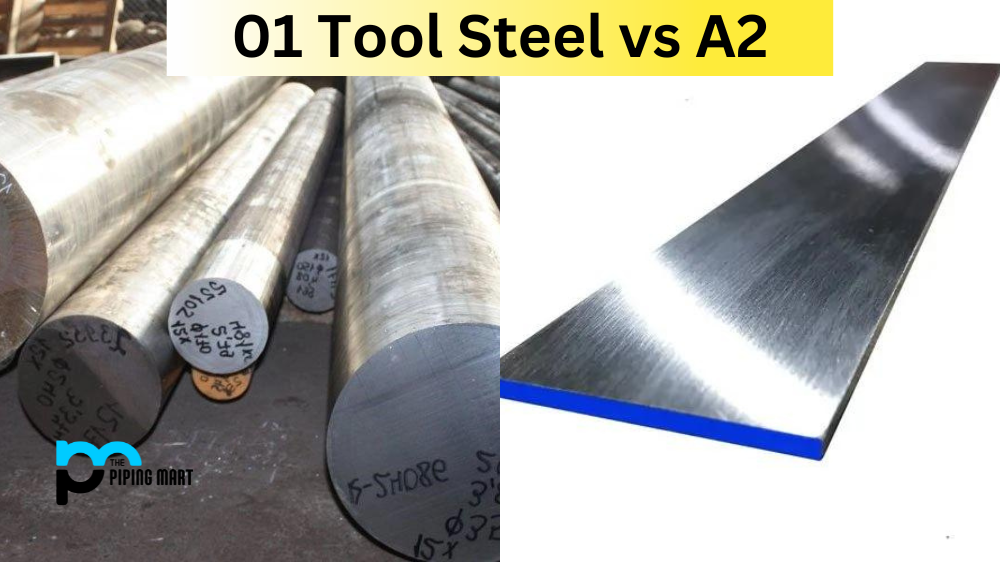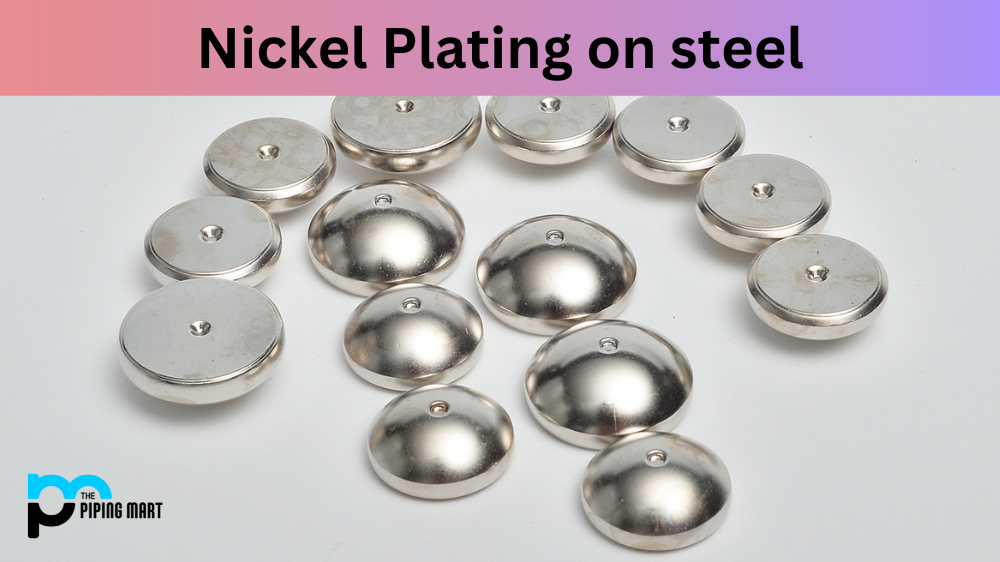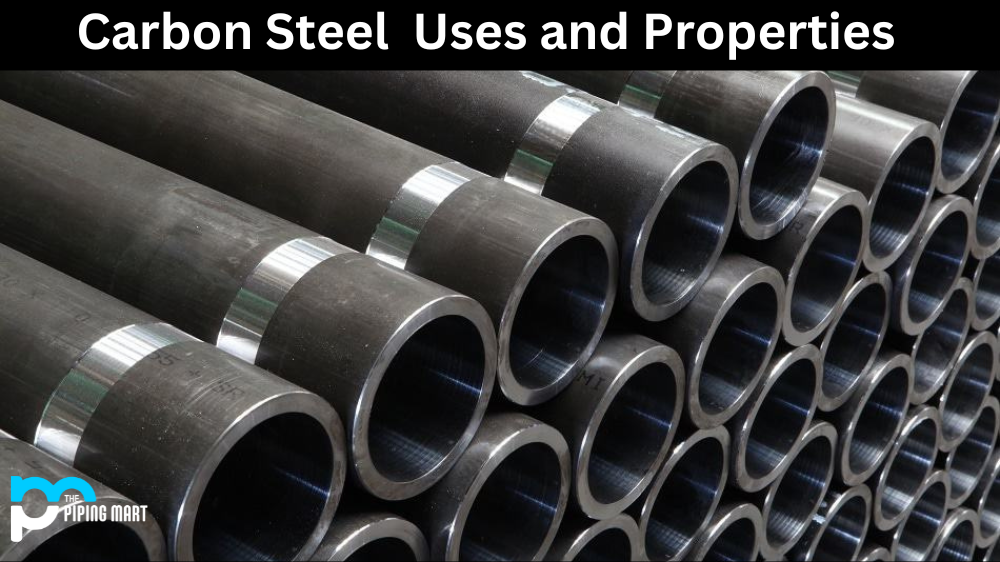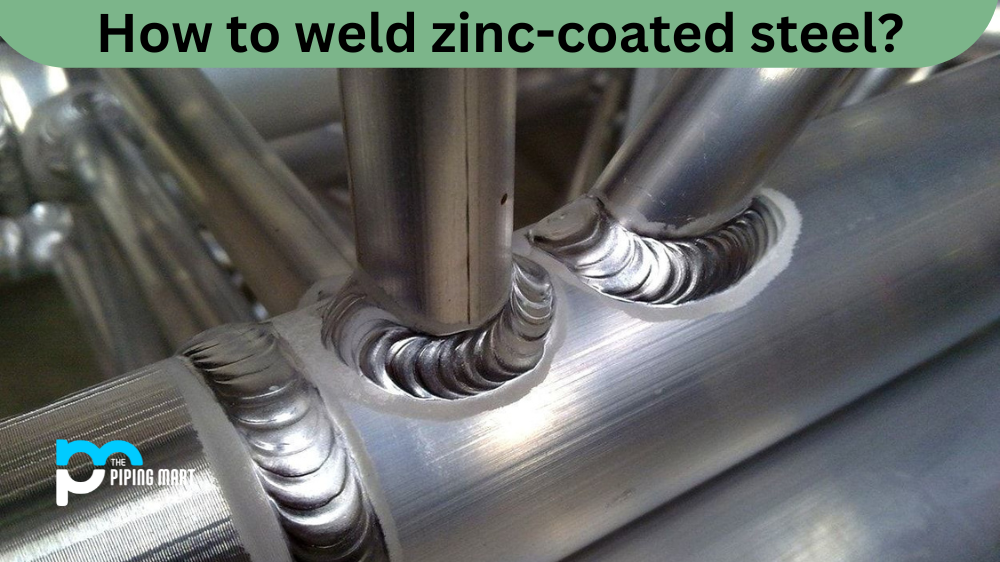Choosing the right type of steel for your machining projects can be challenging, especially with so many options available in the market. The machining industry’s two most commonly used steel sheets are 01 tools and A2 steel. Both have pros and cons, making deciding which one to use difficult. This blog post will look closely at 01 tool and A2 steel features to help you understand the differences and determine which is best for your machining needs.
What is 01 Tool Steel?
01 tool steel is a high-carbon steel that is highly versatile and easy to machine. It has a high tensile strength, good wear resistance, and excellent dimensional stability. It is often used for making knives, chisels, and other cutting tools. One of the main advantages of 01 tool steel is its ability to harden after being quenched in oil. When properly heat-treated, this steel can achieve a Rockwell hardness of up to 64. However, it is not recommended for high-temperature applications since it does not retain its hardness in high heat.
What is A2 Steel?
A2 steel is an air-hardening steel with high abrasion resistance and toughness. It has a high level of dimensional stability and can retain its shape even under high pressure. A2 steel is often used in industrial applications that require tough and durable materials, such as stamping dies and extrusion tooling. The main advantage of A2 steel is its ability to retain its hardness even at high temperatures, making it suitable for high-heat applications.
Difference Between 01 Tool Steel and A2
Heat Capacity
One of the main differences between 01 tool steel and A2 steel is their respective ability to handle the heat. While 01 tool steel cannot retain its hardness in high heat, A2 steel can at temperatures up to 1200°F. Additionally, A2 steel has a higher chromium content than 01 tool steel, giving it better corrosion resistance.
Machinability
However, 01 tool steel takes the lead when it comes to machinability. It is easier to machine and can be worked into intricate shapes more easily than A2 steel. It also has a finer and more uniform grain structure, giving it better strength and wear resistance.
Cost
Regarding cost, 01 tool steel is generally less expensive than A2 steel, making it a more cost-effective choice for certain applications.
Carbon Content
The main difference between A2 and 01 tool steel is the carbon content. A2 tool steel has a carbon content of 1.0%, while 01 tool steel has a carbon content of 1.5%. The higher carbon content of 01 tool steel makes it harder, more durable, and more difficult to work with.
Applications
A2 tool steel is typically used for making cutting tools and other wear-resistant parts, while 01 tool steel is typically used for making knives and other cutting tools. The different applications are due to the different properties of the two steels. A2 tool steel is harder and more durable, while 01 tool steel has better edge retention and wear resistance.
Conclusion
Choosing the right type of steel for your machining projects is crucial for achieving optimal results. While 01 tool steel and A2 steel have pros and cons, understanding their differences and strengths can help you make the best decision. If you require high toughness and durability in high-heat applications, A2 steel is the better option. However, if you need highly machinable and cost-effective steel for cutting tools or other intricate jobs, 01 tool steel is the superior choice. Ultimately, it all depends on your machining needs and the specific demands of your project.
Sakshee is a talented blogger, with a particular focus on the Business and Metal Industry. She is passionate about sharing her insights on various metal products and helping professionals to make a better decisions.




